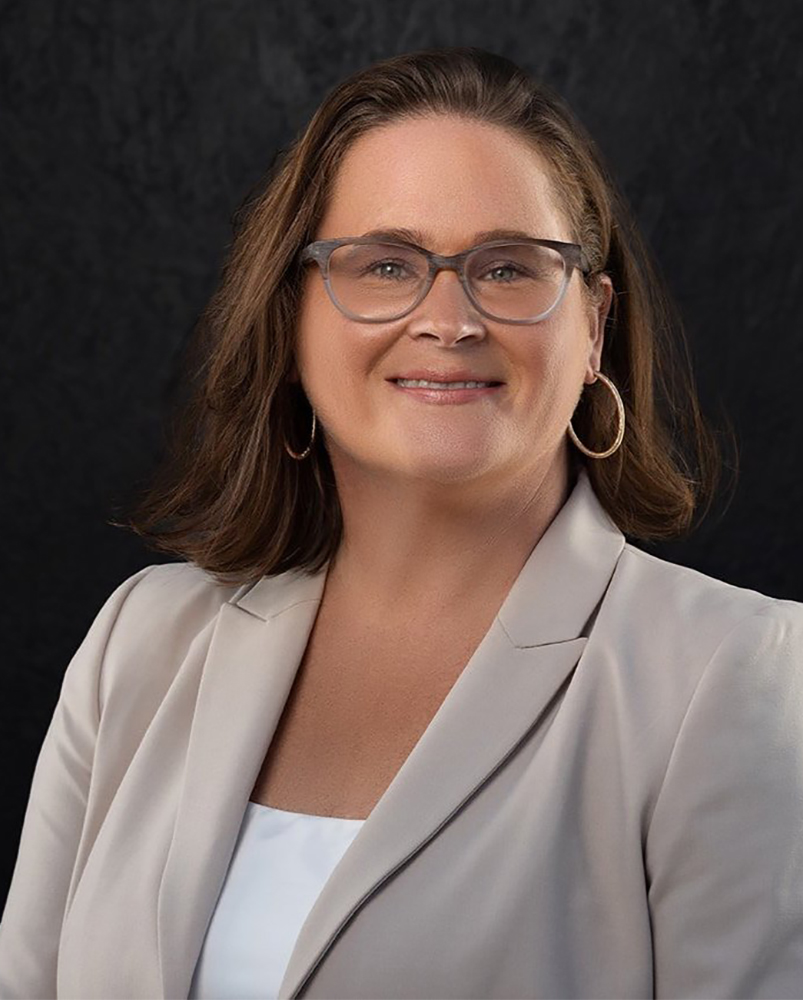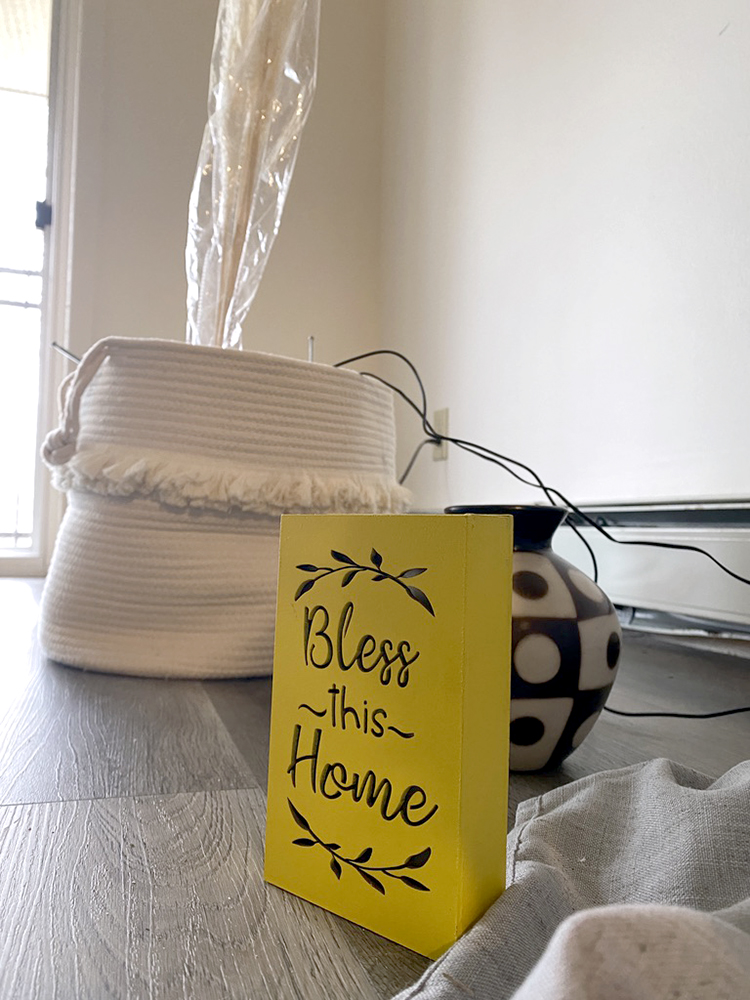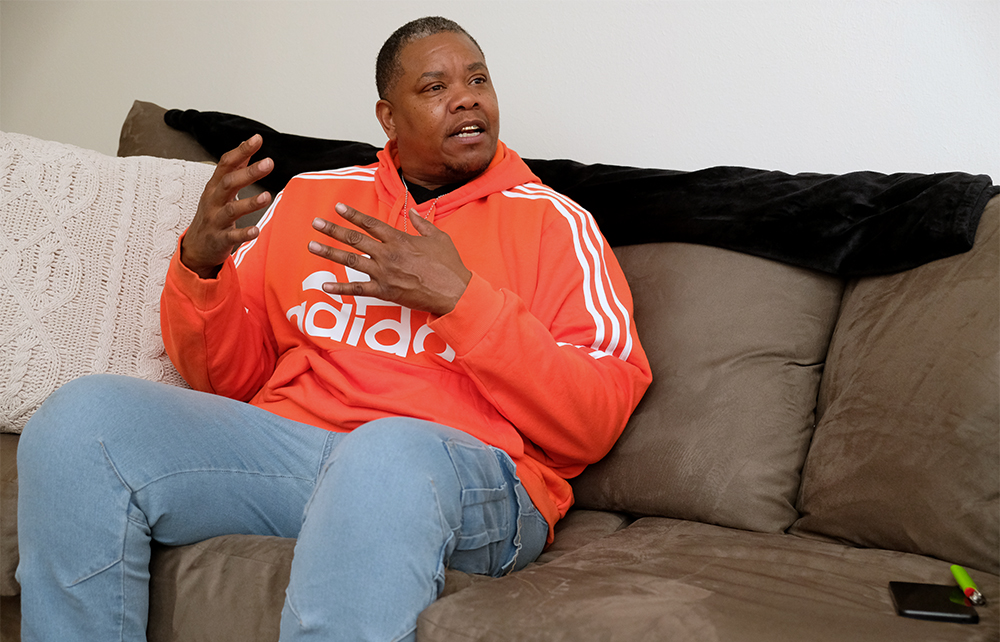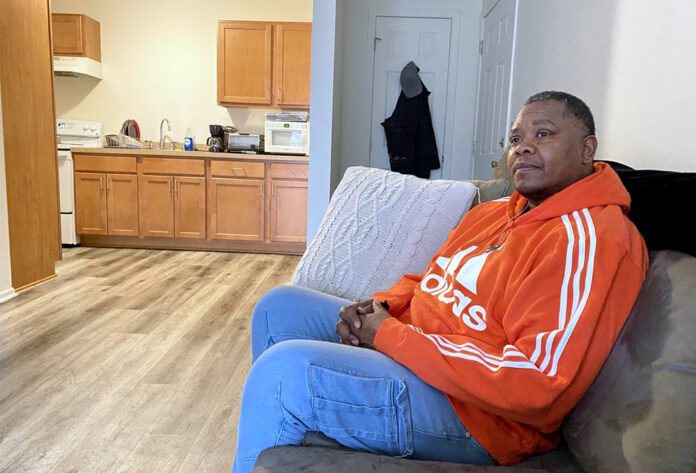TOLEDO – Recent federal funding and staffing cuts have brought strong reactions nationwide, especially among our most vulnerable populations and those who help them survive.
While some U.S. nonprofits face particular challenges, like those within our national parks, vulnerable groups are influenced most directly. Already at-risk individuals, like those experiencing domestic violence and mental illness, often require assistance to establish themselves in a safe environment. Programs addressing homelessness are now fighting to continue doing this vital work in our community.


Julie Embree is the executive director of The Toledo Lucas County Homelessness Board, an organization that guides and funds nonprofits addressing homelessness. Embree’s organization works hard to collect data supporting the need to address homelessness in the Toledo area. This is crucial because funding for the area directly comes from that data.
Amid the funding changes, TLCHB struggles to plan when uncertainty surrounds their budget.
“Considering recent events, a lot of housing money is embedded in DEI language, accessibility and inclusion to make sure we are providing fair housing to anyone that needs it,” Embree said. “So, it’s really been questionable as to what kind of cut we were going to take.”
The Homelessness Board must go through their reporting and perform acrobatics to avoid suspect language the government has issued as a warning for lost funding. In fact, the Board’s grant administrator, Alison Kuntz, was so frustrated with the lists she was seeing about what could or would get flagged that she made a chart for her team to reference.
The master list she compiled is made up of recommendations from the National Science Foundation (NSF), National Endowment for the Arts (NEA), COOHIO Youth Housing and broader federal regulations. The words listed are those that should be limited or eliminated in order to be in compliance with the recent executive order ending federal DEI initiatives (Executive Order 13985).

“We are not supposed to use words like ‘marginalized,’ ‘underserved,’ ‘accessible’ and ‘equitable.’ Those are pretty generalized terms, in my opinion,” Embree said of the changes required of their organization.
“We need to be providing assistance that’s accessible to disabled, elderly, etcetera. It takes away our ability to convey that all folks are important and to advocate and work towards more than just adequate housing. There have even been race/ethnicity we can’t use. It hinders our ability to say that we are here for all folks.”
Unfortunately, the barriers that organizations like The Homelessness Board are facing are not limited to funding. Medicare and food insecurity are sectors also impacted by cuts. These programs impact homeless individuals at a higher rate. When their needs can’t be address by these programs, the weight of addressing the need falls onto supporting organizations.
Leading Families Home
One of those organizations is Leading Families Home, which manages two shelters, one for women’s individual beds, the other for families of all makeups. Their shelters hold 96 beds and have a long waiting list. They also offer programs that help those transitioning between homelessness, such as rental assistance and mental health treatment.
Jennifer Jacobs is the executive director of Leading Families Home. She and her team are finding themselves making contingency plans for loss of funding. “Our primary focus is on rental assistance and keeping people off the streets before treatment and other programs,” she said.
Leading Families Home’s programs seek to address the issue of homelessness as a whole, to prevent it from recurring and keep treated individuals in secure housing.
“When you’re looking at homelessness, you need to look at it as a whole,” Jacobs said. “What was the issue and how do we prevent it? How can we stop it from continuing? How can we stop it from being generational?”


Christian Sullivan is one individual who the Beach House, a Leading Family Home shelter, assisted. He is now living in his own apartment, his own space, after communal living at The Beach House and being displaced prior to that.
Sullivan volunteers at The Beach House often and said he made his own family there. “If I’m going through something, I’ll call Jackie, and no matter what time of night it is, she’ll answer.”
He shared that his past was not one full of acceptance, and has been dealing with past incarceration, abuse in incarceration and gender transition.
Thanks to funding from Neighborhood Properties, he is able to receive assistance in his transition to apartment living. He also benefits from therapy programs under Leading Families Home.
Embree shared a staggering statistic: “As of last week, there were 52 males, 58 females and 100 families on waitlists to get into shelter. We have 588 beds in our current shelter system, and there’s an additional 1,200 beds in the community through other support services.”
Shelters could stay open about 30 days without funding. A small town’s population may be pushed out of safe and supportive environments, making at-risk individuals prone to further harm. The future of funding for these essential programs is uncertain.














